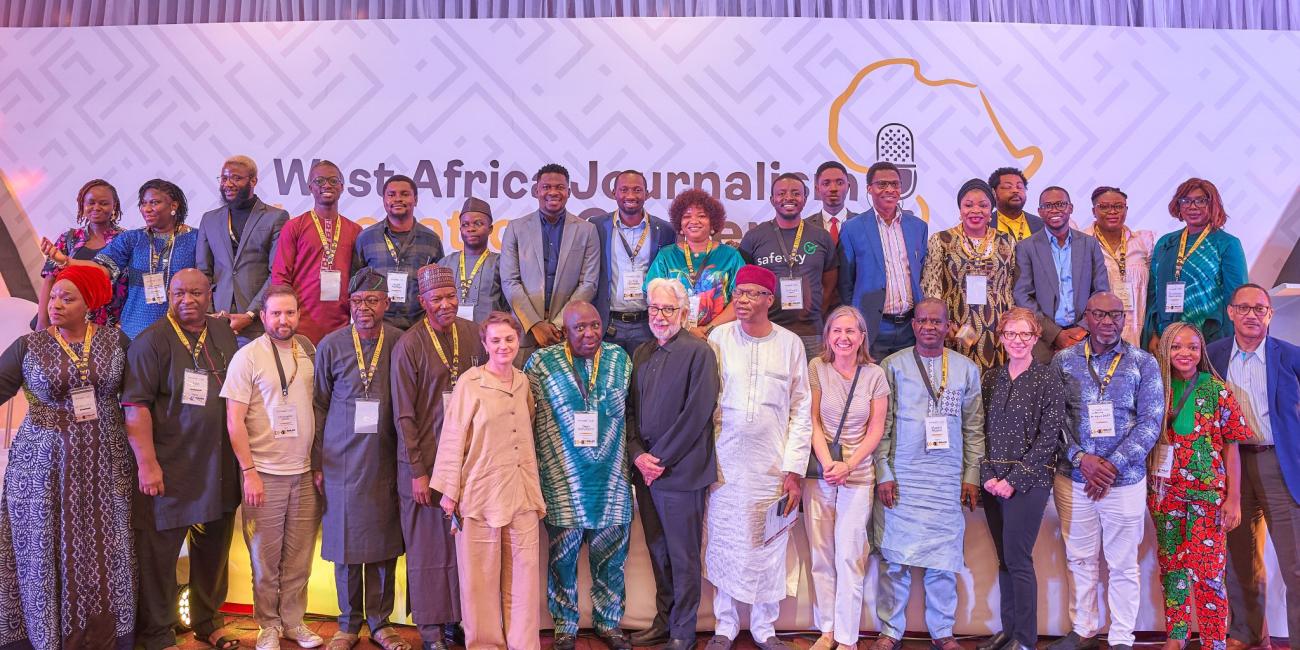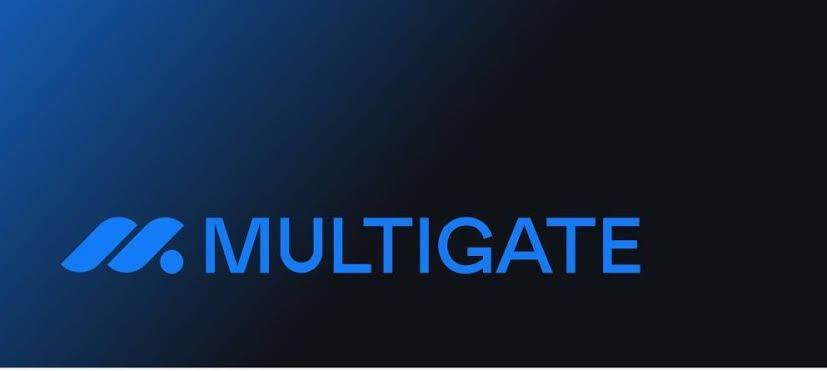Bezinga has released its global HR Technology Market 2023-2030 Research Report, uncovering comprehensive insights into industry trends, growth prospects, and opportunities.
The HR tech forecast was released on Wednesday, 13th September and is poised to impact the African HR technology landscape significantly.
This report analyses various HR technology types, including Talent Management, Payroll Management, Performance Management, Workforce Management, Recruitment, and others, as well as their applications in industries such as Travel, Transportation, Hospitality (TTH), Public Sector, Health Care, Information Technology, Banking, Financial Services, and Insurance (BFSI), among others.
Read also: Propel secures $2.74m to build talent hiring technology ecosystem
HR Technology Market Growth in Africa
Africa is experiencing a notable surge in HR technology adoption, mirroring global trends. According to the report, the global HR technology market is expected to grow significantly from 2023 to 2030, with a considerable compound annual growth rate (CAGR). This indicates that the African HR technology landscape is set to expand as well.
Key Players in African HR Technology Market
Key players in the HR technology market, including Oracle, Microsoft, Zoho, Ultimate Software, TEAM Software, BambooHR, ADP, SAP, Kronos Incorporated, and IBM, are already making strides in Africa. Their solutions are being embraced across various industries, from finance to healthcare and beyond.
Comprehensive Market Analysis
The report offers a comprehensive analysis of the HR technology market, covering aspects such as competitor strategies, sales metrics, customer base, production costs, distribution channels, and growth catalysts. It also delves into market positioning, financial health, organisational scale, market share, expansion plans, and product portfolios. Moreover, the report explores the impact of the COVID-19 pandemic on the sector and provides projected insights up to 2030.
Market Overview and Growth Trends
As of 2022, the global HR technology market was valued at USD million, with projections of substantial growth by 2030. The report covers a research period from 2018 to 2030 and presents a detailed analysis of the global HR technology market. It offers insights into market dynamics, opportunities, challenges, and risks. The report also considers global economic factors and regional conflicts, such as the Russia-Ukraine war, and their influence on the HR technology market.
Segmentation and Regional Analysis
The report segments the HR technology market by type, including Talent Management, Payroll Management, Performance Management, Workforce Management, Recruitment, and others. It also looks at various applications, including TTH (Travel, Transportation, Hospitality), Public Sector, Health Care, Information Technology, BFSI (Banking, Financial services, and Insurance), and others. The regional analysis examines market conditions and prospects in North America, Asia Pacific, Europe, Latin America, the Middle East, and Africa.
COVID-19 Impact and Market Outlook
The report acknowledges the economic upheaval caused by the COVID-19 pandemic and its effects on the HR technology market. It covers the period before and after the pandemic, assessing its influence on economic indicators, sales volumes, market participation, and growth metrics. The pandemic significantly impacted global markets, including Europe, India, South Korea, and Japan, but the HR technology sector is poised for recovery.
HR Technology Market Expansion Prospects in Africa
The African HR technology market is on the cusp of significant growth. As HR technology adoption continues to rise across the continent, key players and emerging startups are driving innovation and providing solutions that cater to the unique needs of African businesses and organisations.
The African HR technology market is poised for expansion and transformation. As technology continues to reshape the HR landscape across the continent, businesses and organisations in Africa are presented with opportunities to enhance their HR processes, improve workforce management, and drive growth. This report serves as a valuable resource for understanding the trends, challenges, and opportunities in the African HR technology market, guiding decision-makers in navigating this evolving landscape.









